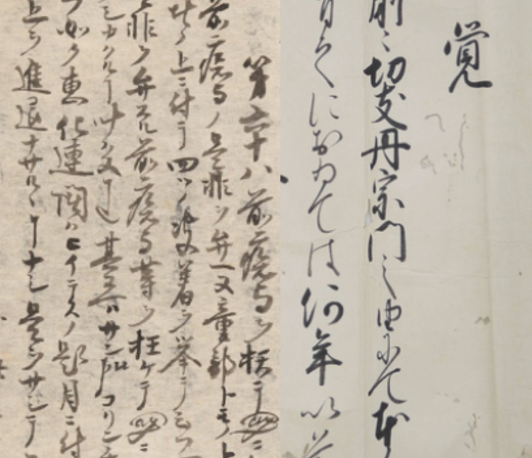The Use of Force in the Conversion and Control of Heresies in the Formation and Dismantling of Christian Communities in Japan at the Turn of the 17th Century
- New date!
- Date: Jun 24, 2025
- Time: 01:00 PM - 02:00 PM (Local Time Germany)
- Speaker: Victor Laubenstein
- (Tokyo University of Foreign Studies)
- Location: mpilhlt & online
- Room: A 601
- Host: Pilar Mejia
- Contact: mejia@lhlt.mpg.de

The Christian presence in Japan during the late 16th and early 17th centuries introduced various structures for organizing local societies. Missionaries founded colleges, hospitals, and promoted new forms of religious experience related to charity, funerals, and celebrations. This new normative system was constantly shaped through the refutation of Buddhist beliefs and the continual control of idolatries and heresies. With the assistance of secular leaders, missionaries frequently resorted to coercive measures to remove obstacles (impedimenta remouere), including the destruction of idols and forced conversions. Although these practices bear similarities to colonial strategies employed in territories under the control of the Iberian crowns, they have yet to be systematically analysed in Japan through the lens of Christian universalism, framing the Jesuit mission as a colonial enterprise. This presentation examines the local dynamics of these efforts and their intersection with the development of strategies for the persecution of Christianity beginning in the 17th century, with a particular focus on the region of Bungo. Drawing on local sources, the central hypothesis is that coercion were fundamental elements in the introduction of Christianity, and that the Shogunate’s recognition of this violence later served to justify the use of force in both the propagation and dismantling of Jesuit spiritual and ecclesiastical government over newly converted communities.